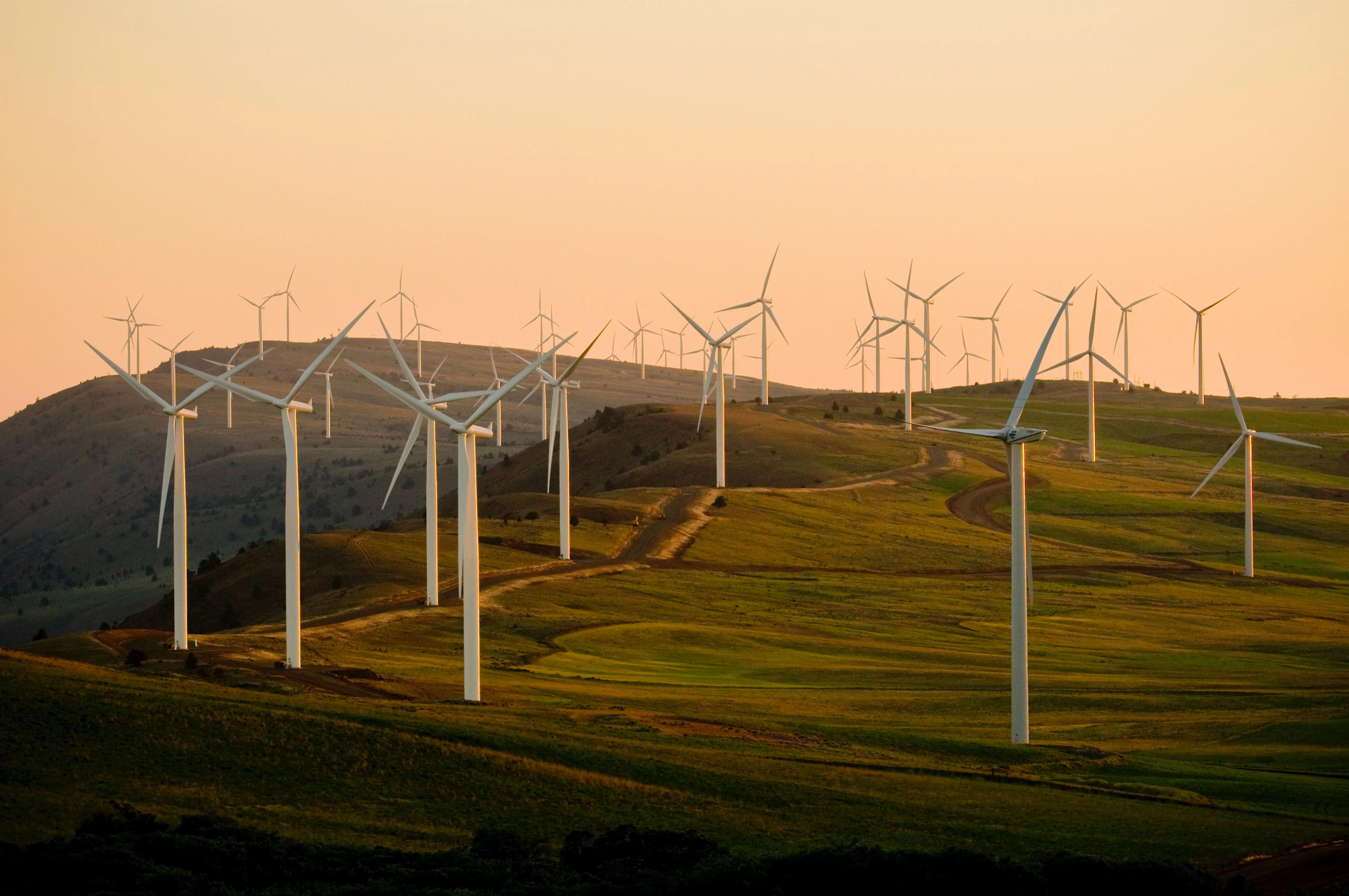Renewable Energy and Sustainable Agriculture: How They Align
"Discover the synergy between 'Renewable Energy and Sustainable Agriculture' in this insightful blog post by Vriksha Farms. Learn how renewable energy sources like solar, wind, and biogas are transforming the agricultural landscape. Explore the alignment of sustainable practices with renewable energy implementation, and understand their role in enhancing farm efficiency and environmental sustainability. This post offers a comprehensive view of how embracing renewable energy can lead to a more sustainable and productive future in farming."

Introduction
The intersection of renewable energy and sustainable agriculture represents a critical juncture in our journey towards a more sustainable future. Vriksha Farms, deeply rooted in responsible agroforestry, understands this connection profoundly. Their approach to developing managed farmland plots is a testament to the alignment of renewable energy with sustainable farming practices. This blog post explores how renewable energy is not just compatible with, but also essential to, the advancement of sustainable agriculture.
The Synergy Between Renewable Energy and Agriculture
- Reducing the Carbon Footprint
Renewable energy sources like solar, wind, and biomass play a crucial role in reducing the carbon footprint of agricultural operations. By replacing fossil fuels, these green energy sources significantly lower greenhouse gas emissions.
- Enhancing Energy Self-Sufficiency
Renewable energy technologies empower farmers to become energy self-sufficient. This autonomy not only boosts farm productivity but also shields farmers from the volatility of traditional energy markets.
Economic Benefits for Farmers
- Lowering Operational Costs
Investing in renewable energy can lead to significant cost savings over time. Reduced reliance on external energy sources translates to lower operational costs and increased profitability.
- Diversifying Income Streams
Renewable energy installations, like solar panels or wind turbines, can provide farmers with an additional income stream. Surplus energy can often be sold back to the power grid, generating a steady revenue flow.
Sustainable Farming Practices
- Enhancing Soil Health and Crop Yields
Renewable energy also contributes indirectly to better soil health and increased crop yields. For instance, solar-powered irrigation systems can optimize water usage, leading to healthier crops.
- Organic Farming
Renewable energy aligns well with organic farming practices. It negates the need for fossil fuel-based fertilizers and pesticides, promoting an eco-friendlier approach to agriculture.
Challenges and Solutions
- Initial Investment and Technical Know-How
The initial cost and need for technical expertise are significant barriers to adopting renewable energy. However, grants, subsidies, and educational programs can alleviate these challenges.
- Vriksha Farms as a Model
Vriksha Farms serves as a model in this realm, demonstrating the successful integration of renewable energy into sustainable farming. Their managed farm plots are examples of how renewable energy can be effectively harnessed in agriculture.
Conclusion
The integration of renewable energy into farming is not just a necessity for sustainability but also a smart economic strategy. It creates a win-win scenario where environmental goals are met without compromising on productivity or profitability. Vriksha Farms stands as a beacon in this regard, showcasing how renewable energy and sustainable agriculture can coexist and thrive together.
